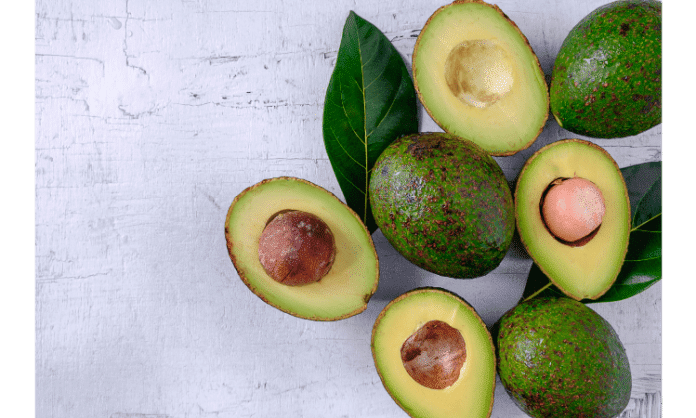
Avocados are a superfood, but they’re also bad for the environment. It’s like the old saying that there’s no such thing as a free lunch: You can’t have one without paying for it somewhere else.
Avocados are a superfood.

It is a superfood, which means they’re packed with nutrients and vitamins that are good for your body. They’re also high in fat, so they should be eaten in moderation.
There are many different kinds of avocados, including Hass and Fuerte varieties. Hass has smooth skin and contains a higher amount of fat than other varieties. Fuerte varieties have bumpy skin and less fat content than the Hass variety—but still more than most fruits!
The fruit can help protect against heart disease because it contains monounsaturated fats that help lower cholesterol levels while raising HDL cholesterol levels. The oil from the fruit has also been shown to reduce inflammation when applied directly onto inflamed skin or as part of an acne treatment regimen.
They are packed with nutrients.

Avocados are packed with nutrients. They’re a primary source of fiber, potassium, vitamin E and K, monounsaturated fat, folate and vitamin C. It also contains some B vitamins: vitamin B6 (pyridoxine), niacin, and pantothenic acid.
They also have a heart-healthy amount of oleic acid — the same fatty acid found in olive oil that may help lower blood cholesterol levels—but they aren’t as high in oleic acid as olives or fatty fish like salmon or mackerel.
Avocado oil is great for your skin.

Avocado oil is a great moisturizer and can be used on the skin as well as hair. It also has antioxidant properties, which help fight free radicals in the body. Its oil has been shown to have anti-aging effects and may improve the skin’s ability to retain moisture making it an excellent choice for individuals seeking an all-around healthy glow.
The oil works well on both dry or oily hair types because it contains beneficial nutrients that promote healthy hair growth, such as vitamins A & D (which promote cell growth), potassium (for hydration), and lecithin (which adds shine).
The oil’s moisturizing benefits go beyond just your face or hands—it can also be used on your nails! Vitamins E & A nourish dry cuticles while giving them a beautiful shine. You’ll never want to use another nail polish again once you’ve tried Its oil-infused nails!
When applied topically or ingested orally avocado oil helps keep teeth strong by helping prevent cavities from forming over time while also whitening teeth naturally through its bleaching ability when applied topically (it’s not recommended to try this at home!).
Peeling the fruit and discarding the skin is not just wasteful, it’s when the most nutrients are lost.
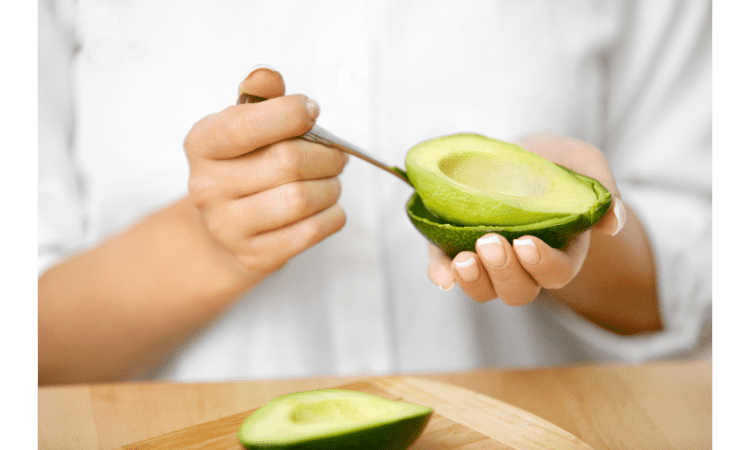
Peeling the fruit and discarding the skin is not just wasteful, it’s when the most nutrients are lost. The skin is where most of the nutrients are found. It contains fiber, antioxidants, vitamin K and potassium. The skin also contains more vitamin C than the flesh of an avocado.
We can eat avocados at every meal.
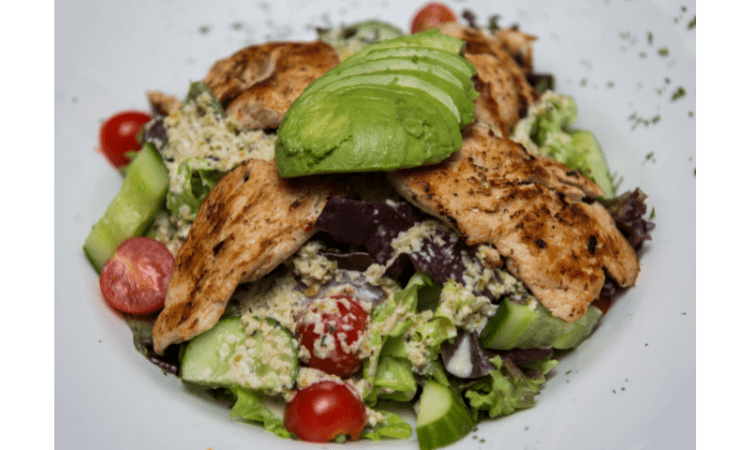
It is a nutrient-dense fruit that’s high in healthy fats, fiber, and potassium. Because of its versatility and delicious taste, it can be used as an ingredient in many meals. Avocado toast has become popular in recent years, with it being spread on toasted bread and topped with any number of ingredients like tomatoes, red peppers, and beans. We can also use avocados in some burger recipes or mix them into smoothies for a creamy texture that adds flavor to any drink.
It is widely used A mature tree uses about 124 gallons of water per day, which means that an acre of avocados will use as much as 17 million gallons in a year.
Its trees are not native to Mexico and were brought over from Central America by Spanish settlers in the 1500s. The high demand for the fruit has led to a significant increase in production since then, but this has also caused problems in the environment with water shortages in areas where they are grown because of climate change and poor agricultural practices.
High volumes of wood to pack and ship the Avocados to other countries

The avocado industry has been a boon to many countries, but it also has some negative impacts on nature. While it is true that wood is a renewable resource, there are still concerns about the sustainability of the wood used to ship avocados around the world. The vast majority of avocados are shipped in wooden boxes, which poses a threat to deforestation.
Use of chemicals for Avocado Production
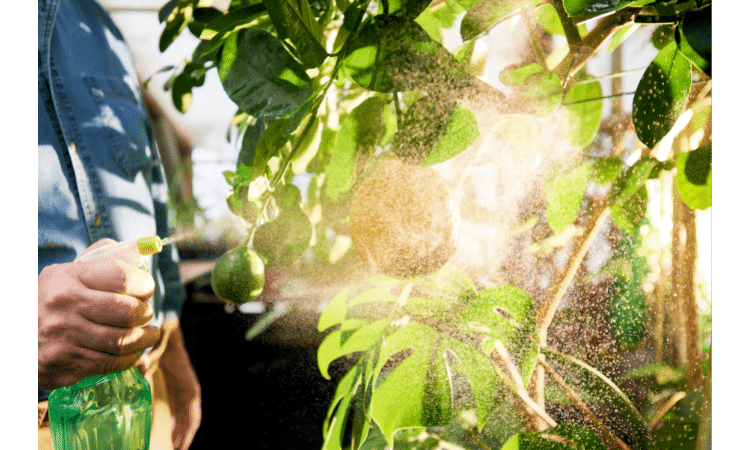
When it comes to the use of chemicals in Avocado production, the answers are ‘yes’ and ‘no.’ In their natural state, avocados are entirely organic. However, because they grow on trees and cannot be easily picked off the ground like a strawberry or an apple, farmers have had to get creative with their harvesting methods.
The first step in avocado farming is fertilization—and there is no shortage of fertilizers on the market today. Most are made from phosphorous (a mineral found in rocks) which can be either mined from underground or derived from guano (bird excrement) deposits. As we can imagine, using these products is not particularly sustainable for our Earth’s environment; it would be far better if we could find ways of using other types of fertilizer instead!
Those pooping out avocado pits at night aren’t helping the climate crisis.

The seeds of avocados are toxic to dogs, cats, and birds. In fact, they’re also dangerous to fish and humans, as well as earthworms.
The toxicity of the seed comes from a chemical called persin that causes irritation in the mouth and throat when consumed by animals such as pets (and humans). It can also cause vomiting or diarrhea if ingested by dogs or cats—and it can even lead to death if left untreated! If we suspect our pet has eaten avocado seeds, contact our veterinarian immediately for treatment advice.
We do know that switching to eating more plant-based foods is good for the planet.
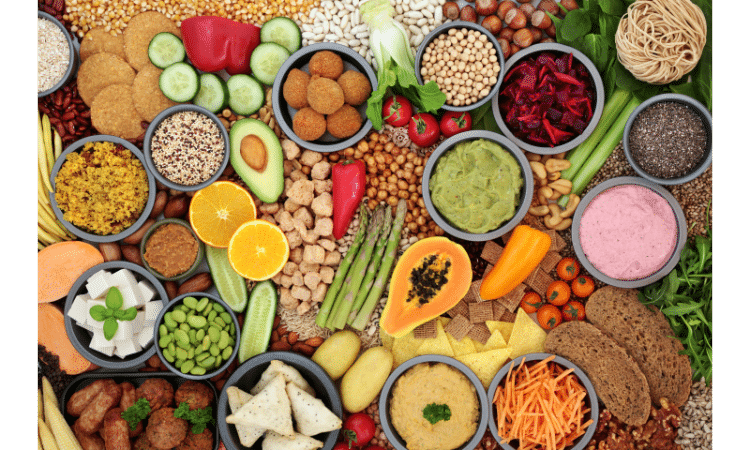
Our diets have a huge impact on our nature, and it’s great if we can make changes that help reduce our carbon footprint.
Avocados are one of the most nutrient-dense foods you can eat. They contain healthy fats and antioxidants, as well as lots of vitamins like A and B6. Plus, they’re delicious!
But what about their bad effects on nature? Does eating avocados damage our planet?
Learn to love this delicious superfood in moderation
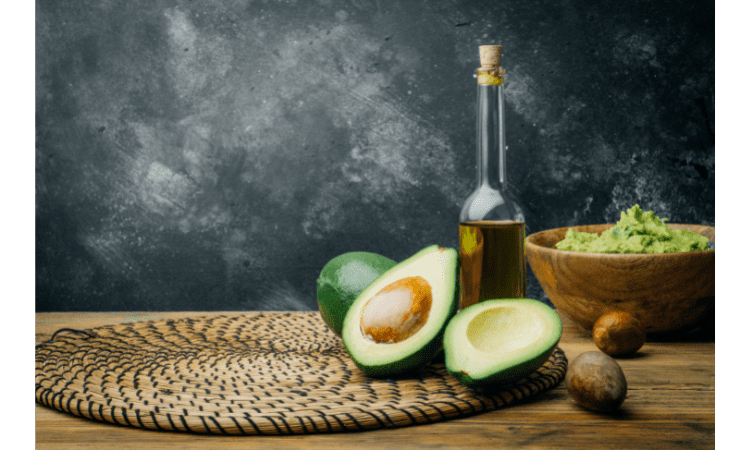
- Eat avocados in moderation.
- Switch to plant-based foods like beans, nuts, and whole grains.
- Use avocados as an ingredient rather than a main dish.
- Eat avocados in their whole form (as opposed to processed products).
- Eat avocados with other foods that contain fiber (like vegetables and whole grains).
Conclusion
In conclusion, avocados are a delicious superfood that you can enjoy at every meal. However, if you’re concerned about the environment, it’s important to remember that these fruits are responsible for water shortages in Mexico and chemical use in their production. If environmental change is something that really concerns you then consider switching to a more plant-based diet.











